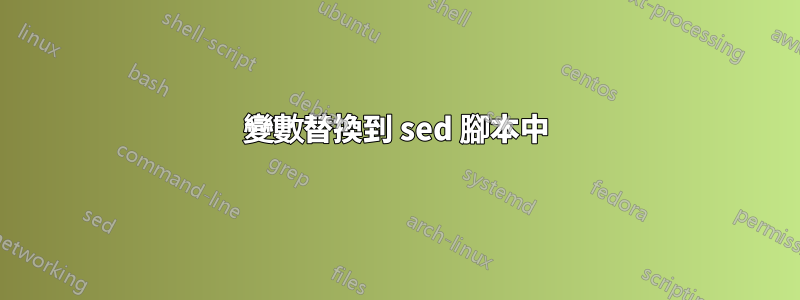
運行此程式碼後
#!/bin/bash
rm -f myfile myfile-individual
echo "Greetings, foobar!" > myfile
MYSTRING="Jack"
cat myfile | sed 's:foobar:$MYSTRING:' > myfile-individual
我們最終得到
Greetings, $MYSTRING!
在我的個人文件中。
輸出的(sed/bash)腳本應該是什麼
Greetings, Jack!
答案1
將單引號改為雙引號。並放下貓(UUoC):
sed "s:foobar:$MYSTRING:" myfile > myfile-individual
來自 bash 的線上說明頁:
Enclosing characters in single quotes preserves the literal value of
each character within the quotes. A single quote may not occur between
single quotes, even when preceded by a backslash.
Enclosing characters in double quotes preserves the literal value of
all characters within the quotes, with the exception of $, `, \, and,
when history expansion is enabled, !. The characters $ and ` retain
their special meaning within double quotes. The backslash retains its
special meaning only when followed by one of the following characters:
$, `, ", \, or <newline>. A double quote may be quoted within double
quotes by preceding it with a backslash. If enabled, history expansion
will be performed unless an ! appearing in double quotes is escaped
using a backslash. The backslash preceding the ! is not removed.
答案2
sed -i 's|foobar|$MYSTRING' myfile-individual
這將進行替換並將其寫入文件


